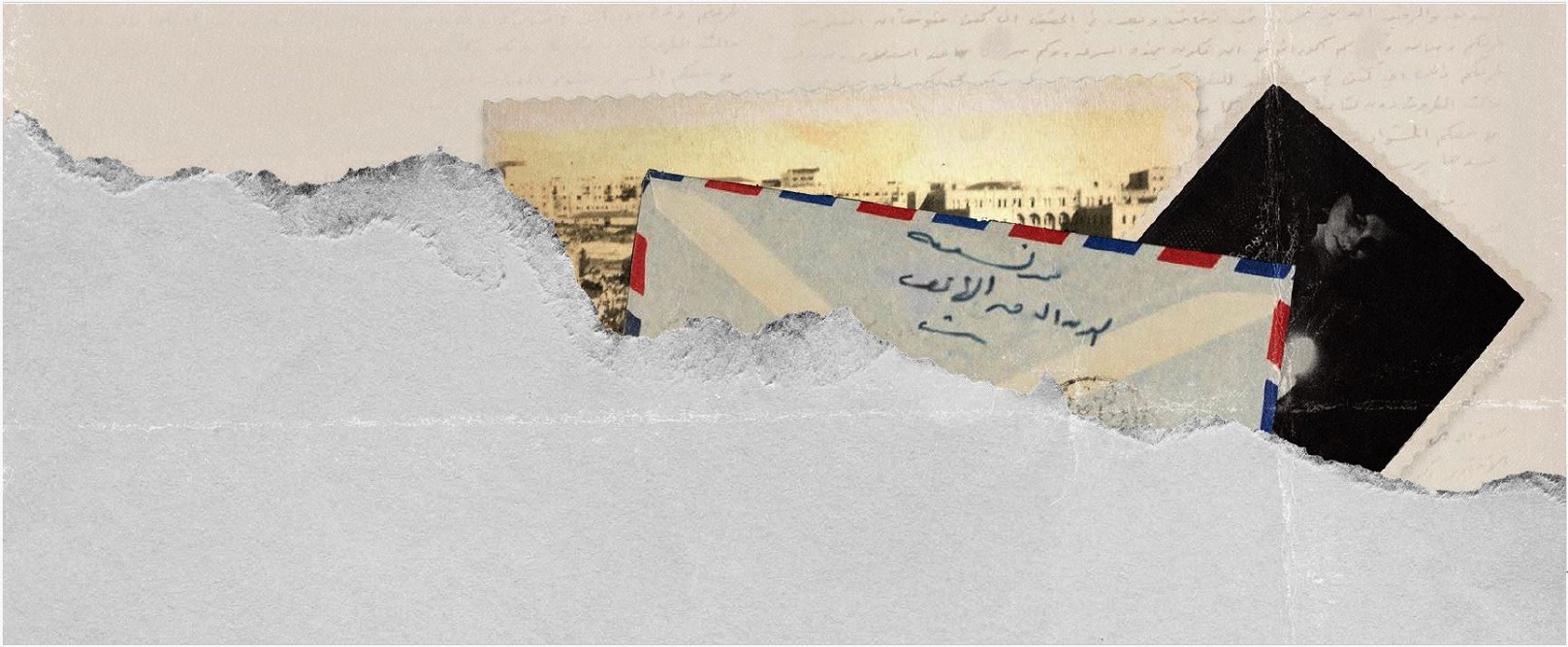Call for Papers
The Role of Public History in Shaping the Middle East’s Collective Memory
19 - 20 October 2026
Organizers: Qatar National Library’s Heritage Library & North Carolina State University’s Khayrallah Center for Lebanese Diaspora Studies
Location: Qatar National Library, Doha
Contact: Dr. Akram Khater and Maryam Al-Mutawa
Submission Deadline: 31 January 2026
The organizing committee of this conference invites paper submissions for an interdisciplinary gathering dedicated to exploring the emergence, development and practice of public history in the Middle East.
Public history refers to the ways in which historians engage with the public, working in a variety of contexts such as museums, archives, historical sites, cultural institutions, government agencies and media. It centers the “subject,” and re-orients us away from “official” or “organizational” documents as the only source of history towards individual and family archives.
As a field that began in the US in the 1960s, public history brings to the fore the history of those whose voices and lives have been omitted from the archive whose contents often relay the dominant narratives of empires, nations, communities and individuals. It opens scholarly space for multivocality and shared authority in driving historical inquiry and study, effectively encouraging new perspectives in how the public views and interprets the past. and challenges the very nature of archives.
While public history is well-established in many regions, it remains in its relative infancy within Middle Eastern studies. Scholars, practitioners and institutions in the Arab World have been navigating questions of historical memory, public engagement and the politics of representation for a while now. However, the field remains without clear theoretical and structural framing, and these efforts have not fully coalesced into a sub-discipline of Middle Eastern studies. This conference seeks to map the current state of public history in the Middle East and foster dialogue on its challenges, opportunities and intersections with broader social, political and cultural processes.
We encourage submissions that address, but are not limited to, the following questions:
- How have public history practices been shaped by the unique social, political and cultural landscapes of the Middle East?
- What role do governments, institutions or grassroots movements play in shaping public memory and historical narratives in and about the Middle East?
- How are colonial histories and their legacies navigated in public history projects?
- In what ways do digital technologies and social media influence the creation and dissemination of historical knowledge in the region?
- How do public history initiatives engage with contentious or silenced aspects of Middle Eastern history, such as conflicts, migrations or marginalized voices?
- What challenges and opportunities exist for collaboration between academic historians and public history practitioners in the Middle East?
- How is public history preserved in the Gulf Region? How is it affected by political and economic factors (legitimacy and the rentier state).
- What are the consequences of marginalizing public history in the Gulf? Does this marginalization link to the contradictions between local memory and official state narratives?
We welcome contributions from a variety of disciplines, including history, anthropology, archaeology, cultural studies and digital humanities, as well as insights from museum professionals, educators and independent practitioners. Papers that incorporate innovative methodologies or case studies are especially encouraged.
Please submit an abstract of no more than 300 words and a brief bio (up to 150 words) to [email protected] by 31 January 2026. Selected participants will be notified by March 2026.
The conference will be held in person in Doha. There are no participation fees; however, travel and accommodation expenses in Doha must be covered by the participants.

